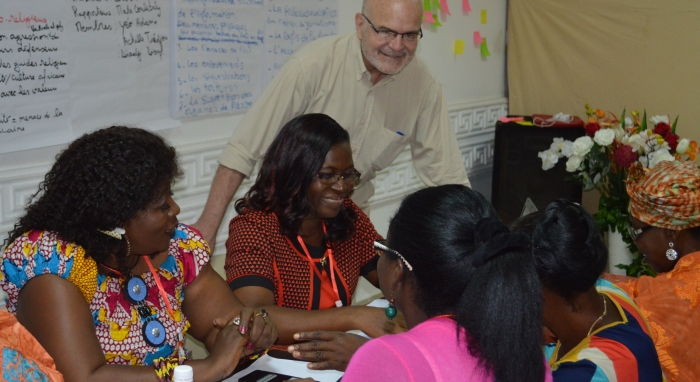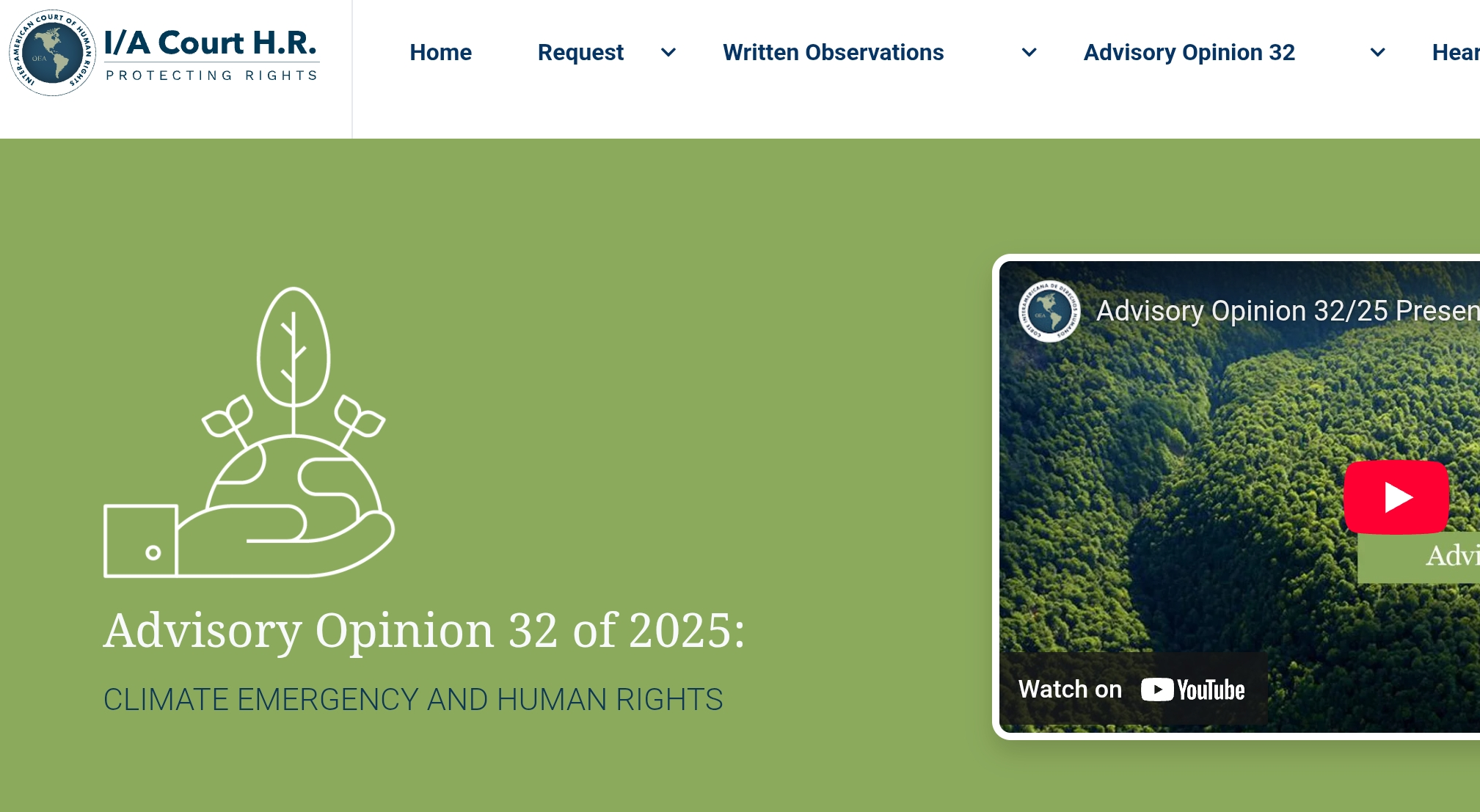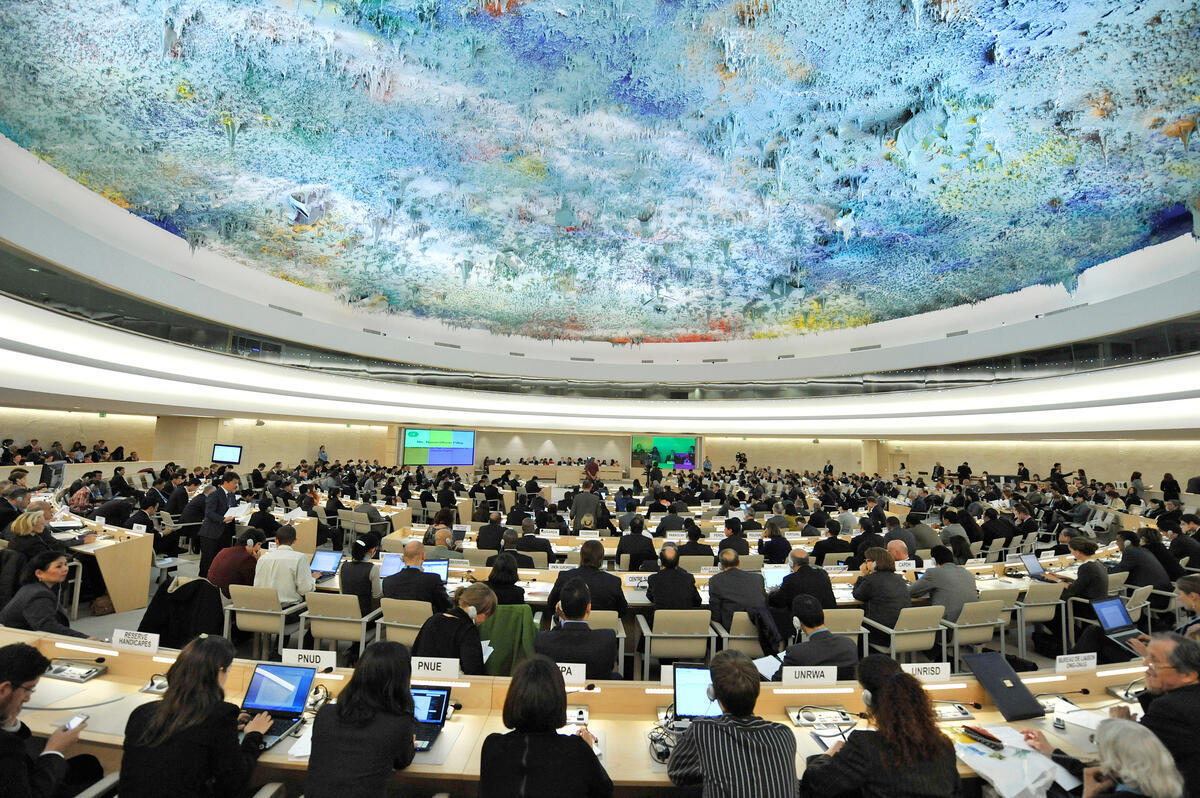The Human Rights Council is currently negotiating a resolution (L.5) to extend the mandate of the Special Rapporteur on human rights defenders, Michel Forst. The resolution, which was formally tabled by Norway on behalf of more than 60 supporters, is now being attacked by adverse amendments tabled by the Russian Federation, China, Cuba and Pakistan. The amendments and the resolution are expected to be considered – and voted upon – as early as Thursday, 23 March 2017.
South Africa has also tabled an amendment, which could – if appropriately rephrased – serve to increase attention to some at-risk groups of defenders.
ISHR’s Director of Human Rights Council Advocacy, Michael Ineichen, said many of the proposed amendments represent a renewed attempt by a minority of hard-line States to undermine the protection international law provides for human rights defenders.
‘The suggestion of replacing the well-established term ‘human rights defender’ in the resolution with a long and convoluted formulation is ridiculous,’ Mr Ineichen said. ‘Human rights defenders are key agents of change, and their work is critical for human rights, the rule of law and democracy,’ Ineichen said. ‘Accessible terminology is vital to increasing public understanding of and support for their work.’
On 7 March, a global coalition of leading civil society organisations called for the consensus renewal of the mandate of the UN expert on human rights defenders. A diverse cross-regional group of ambassadors, experts and human rights defenders has also strongly backed the renewal of the mandate.
Attempts at reducing visibility and legitimacy of human rights defenders
Overall, six amendments have been proposed. ISHR’s overall position on the amendments is that the resolution, as currently drafted, represents a minimum consensus given the ‘unprecedented attacks’ on human rights defenders seen around the world.
- Two amendments (L.44 and L.45) seek to replace the well-established term ‘human rights defenders’ with a more limiting formulation, seeking to give States the ability to arbitrarily restrict the human rights issues on which defenders work, and remove the term ‘women human rights defenders’ from the resolution.
- One amendment (L.42), presented by the Russian Federation, seeks to replace consensus language from previous resolutions renewing the mandate with a selective quote from the 1998 Declaration on Human Rights Defenders. Its effect would be to limit the full protection international law provides to human rights defenders, and open a door for States to legislate to restrict defenders in conflict with international human rights law;
- One amendment (L.43), also presented by the Russian Federation, seeks to remove reference to previously adopted resolutions on the protection of human rights defenders. The inclusion of such references assists States to better understand the situation of human rights defenders and the obligations of States in this regard. Removing the references would run counter to the Council’s efforts at ensuring its work is visible, impact oriented, and provides easy to understand policy guidance.
- Finally, one amendment (L.51), presented by China, the Russian Federation, Pakistan and Cuba, seeks to downplay the importance of the report of the Special Rapporteur, and thus ignore the evidence of the unprecedented attack on defenders.
ISHR calls on all Member States of the Human Rights Council to reject these amendments, and resist attempts to legitimise arbitrary restrictions and attacks on human rights defenders by their sponsors.
Potential focus on environmental and corporate accountability defenders
A final amendment, L.46, presented by South Africa could potentially contribute to strengthening the text. The amendment seeks to include a particular focus on ‘human right defenders active in the areas of environment, corporate accountability, indigenous issues, children, anti-racism and advocacy against racially motivated killings, and cultural rights’, many of whom have been highlighted by the Special Rapporteur’s recent reports as facing particular risks.
However, its proposed placement in a paragraph forcused on women human rights defenders is problematic in that it would dilute the recognition of the specific threats and protection needs of WHRDs. In order to be acceptable, the amendment should be re-formulated to reflect the full spectrum of defenders who are particularly at risk or exposed as enumerated by the Special Rapporteur, and placed independently of the paragraph focused on women human rights defenders.
Contact: Michael Ineichen, Director of Human Rights Council Advocacy, ISHR, at [email protected]




